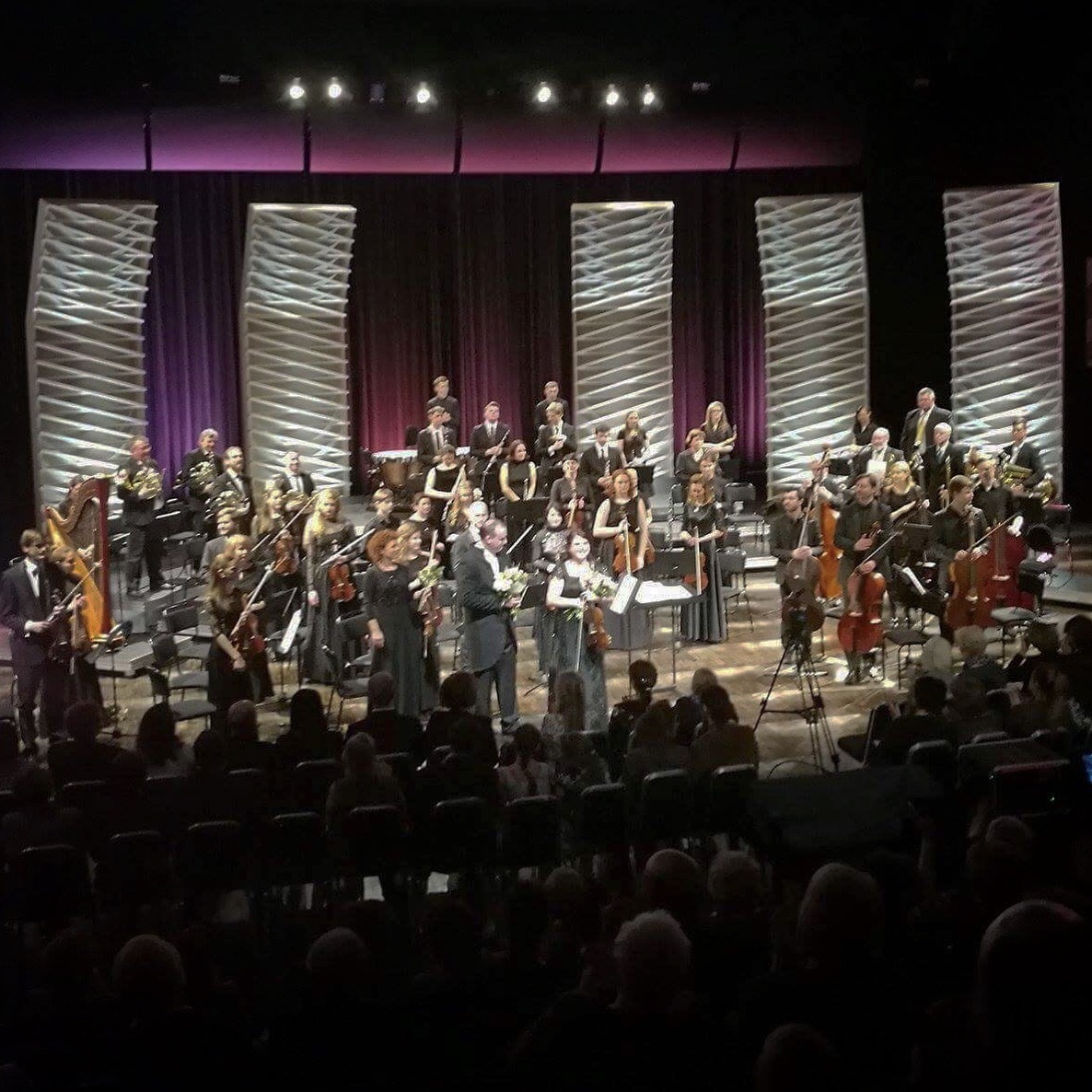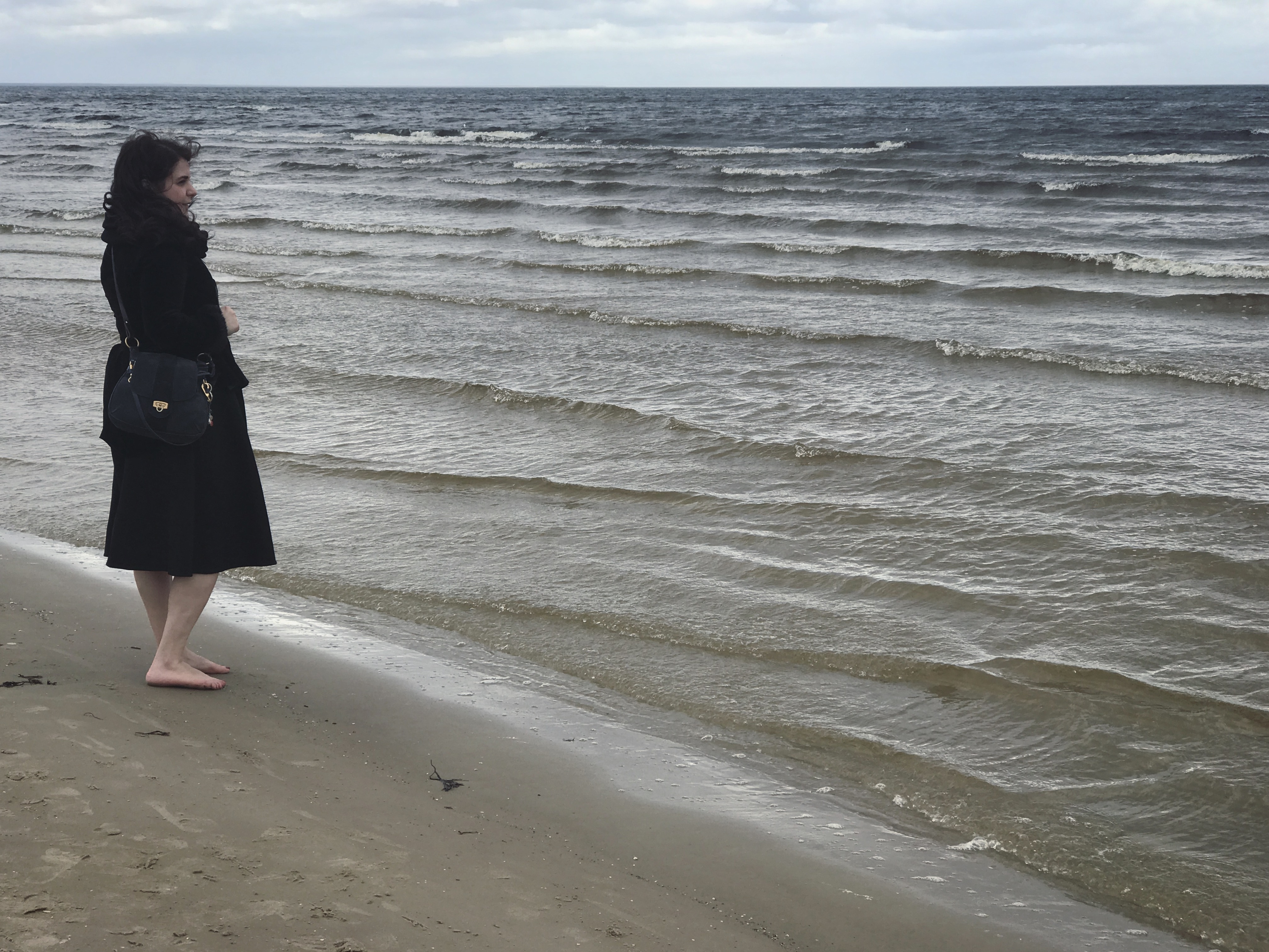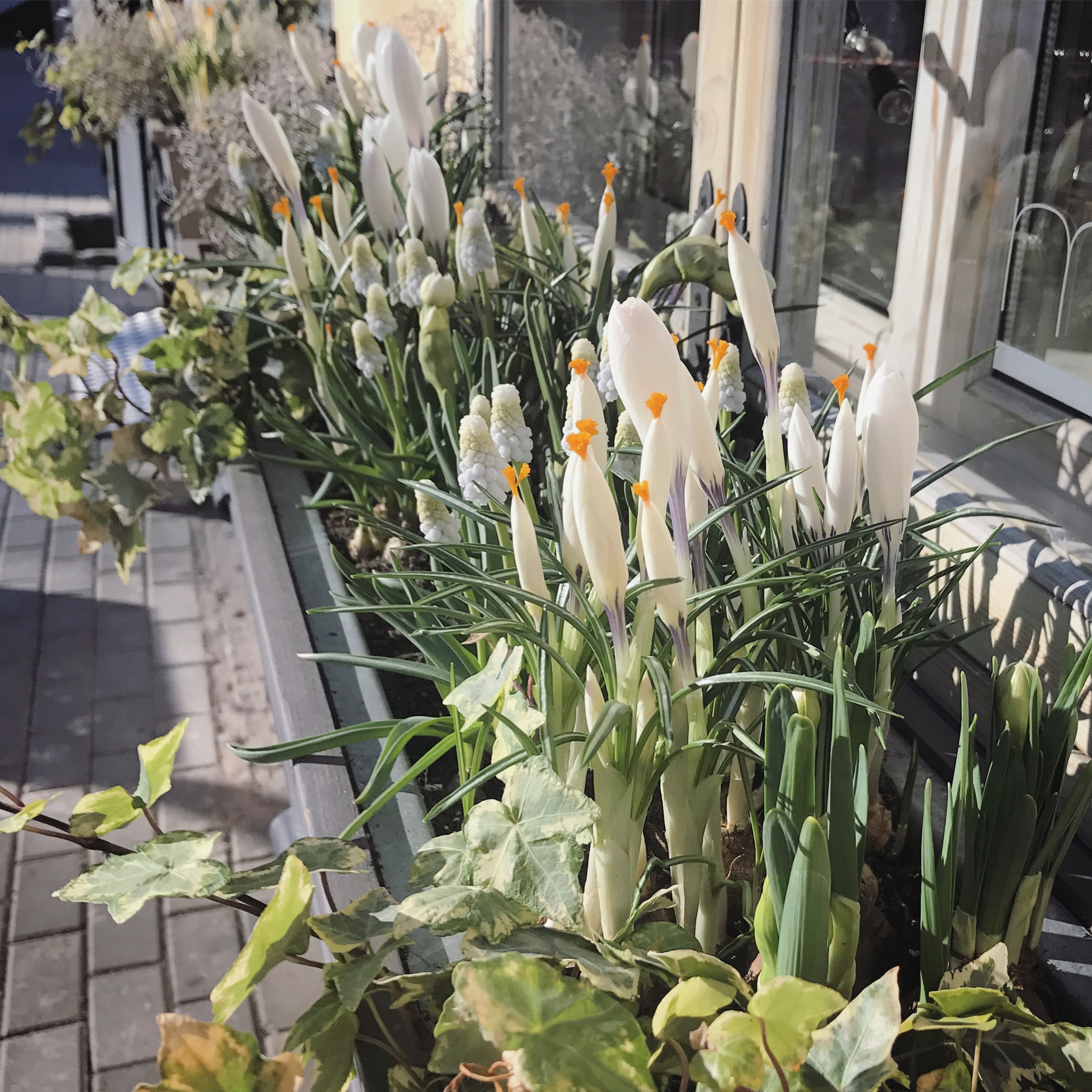During the last few month I might have seemed distracted from my blog: though I can’t wait to tell you more about all the projects and travels I did recently.
The first seasons tour was in the Baltic countries.








During the last few month I might have seemed distracted from my blog: though I can’t wait to tell you more about all the projects and travels I did recently.
The first seasons tour was in the Baltic countries.
Introduction: I remember like if it was yesterday, when one day, when I was 12 years old, I was coming back from School, and I received from my parents the long expected book “Geigen und Geiger” (Violins and Violinists”) by Franz Farga. My eyes caught irretrievably the chapter about Paganini’s Life, which I would read with eager: I was so impressed that I even forgot to do my homework and practice my violin for my violin lesson next day…
That day was the beginning of a long road, which I am still walking along today. Who was Niccolò Paganini, this Magician, admired, feared and also hated by his contemporaries, Composers as Musicians? Schubert, Schumann, Liszt, Heine, Hoffmann, Grillparzer, Rossini, Brahms… the most important Romantic have been influenced by this violinist, before he suddenly had been considered as “too much virtuoso” for quite 200 years. A personality, covered with myths and legends, who changed the Music world for ever, and who appeared like a comet on the musicians firmament, leaving behind him a long and glowing firetail.
Which is the part of myth and which is reality? Here comes a first chapter, a kind of Introduction of a story which never will leave me alone…
Here comes another article, about my last trip to Latvia, where I had the chance to play Ernest Chausson’s “Poeme” with the Rezekne Chamber Orchestra under the baton of Janis Stafeckis.
This was my second trip to Latvia in a few month only, and I really like this country very much! The concert was this time at the wonderful “GORS” Concert Hall in Rezekne, a hall which had been recently opened, disposing of incredible acoustics!
Janis and the musicians of the Rezekne Chamber Orchestra were so nice, we had time to rehearse and discuss everything. We could refine the smallest details together, which is more than luxury in this job: very often you only have a few minutes only to rehearse with orchestra before a concert, and sometimes you don’t have time to explore every single musical and emotional detail.
Thanks to the short video filmed the day of the concert, I can show you some of the preparation, the emotion, the excitement backstage… and the joy during the concert! It’s a first video I am sharing with you today, and I hope I can soon share more often short videos with you!

During the rehearsal…

Preconcert Selfie…

It’s time to get ready for the concert… last minutes backstage.


After the concert with the staff of the French Cultural Instutute of Latvia, the staff of the GORS Concert Hall in Rezekne and Janis
The next day I held a short Masterclass with the pupils of the superior class of the Academy of music. These young pupils prepare their diploma, so we could discuss important repertoire like Bach’s “Sonatas and Partitas” and Mozart’s Violin Concertos.

The entrance of the Music Academy of Riga

During the Masterclass with one of the pupils of the diploma class.
This time I also could spend some hours at the sea, at Jūrmala. It was still very cold, the baltic sea was still winter-cold. Isn’t it so much “Sturm und Drang”? You also could imagine the “Schimmelreiter” by Theodor Storm, riding through the storms of the north in dark nights along the sea…
After the emotion of a concert, there is always a moment in which you live still out of any notion of time: you gave so much of yourself, you so much got into the music you have been playing, that you need some time to get back to normal life.


The seagulls let themselves carry by the wind, the taste of freedom in my eyes…

The beautiful cathedral of Riga, under the first spring sun

Pareizticīgo Kristus dzimšanas Rīgas katedrāle, the Orthodox Church of Nativity of Jesus in Riga. It’s golden roofs sparkle under the blue sky

I’ve spent the last day in Riga under the sun. I will for sure come back there before fall for new projects… It’s really a country to discover and re-discover again and again! <3
“Frühlingsbotschaft”
Leise zieht durch mein Gemüt
Liebliches Geläute.
Klinge, kleines Frühlingslied,
Kling hinaus ins Weite.
Kling hinaus bis an das Haus,
Wo die Veilchen sprießen!
Wenn du eine Rose schaust,
Sag, ich laß sie grüßen.
Heinrich Heine (1797 – 1856)
***
Today I will tell you about Latvia.
I went there at the beginning of March for some concerts with my Piano-Violin Duo with Ugo Mahieux, in collaboration with the local French Institute.
Wonderful places, museums, salons… Duo concerts are a special, convivial experience. The complicity between Ugo and me spreads out easily through the concert hall, as, besides playing music, we like to talk and exchange with our audience. This feeling represents to me the same then romantic composers must have lived, such as Schumann or Schuber, who was so introverted that he played mostly only in front of some close friends.
Ernest Chausson’s “Poème” op.25 is one of these musical pieces which touched me since ever in a very particular way. Virtuoso, mysterious and singing at the same time, it’s one of these masterpieces that all violinists fear.
After not playing it for over 12 years I decided to give a completely new try and to play it during the chamber music concerts I had at the beginning of spring in Riga (Latvia). In April, I will be happy to play this piece with orchestra. The perfect moment to have a closer look on this masterpiece, somewhat mystical, and on its composer, yet little known.
Starting from today, I would like to share something very personal with you: I’m a kind of “Wanderer”, like Schubert’s or Caspar David Friedrich’s, the one you see only the shoulders.
That’s how it is supposed to be. As an interpret of the music I play, I try also to translate in my own words the way I see my world around. Pictures are a part of this, very often these are instant pictures, a worthless souvenir, besides the fact they are the only testimonies of a moment which touched or inspired me in a very particular way. I would like to share with you my travel diaries, pictures and short stories of the places I’ve been to, the way I see them through my own eyes.
Travelling is part of my life as a musician, and probably the most wonderful part of it: I can discover places, meet people all around the world, the way they “use to live” their days, and share my music with them. This is the most enriching thing I believe.
“Neujahr”
Altes Jahr, du ruhst in Frieden,
Deine Augen sind geschlossen;
Bist von uns so still geschieden
Hin zu himmlischen Genossen,
Und die neuen Jahre kommen,
Werden auch wie du vergehen,
Bis wir alle aufgenommen
Uns im letzten wiedersehen.
Wenn dies letzte angefangen,
Deutet sich dies Neujahrgrüßen,
Denn erkannt ist dies Verlangen,
Nach dem Wiedersehn und Küssen.
Achim von Arnim (1781-1831)
Achim von Arnim (1781-1831)
An interview with Jean Claude Malgoire about Hector Berlioz and his time…
INTRODUCTION
When I heard for the first time Hector Berlioz’ “Symphonie Fantastique” i was still a teenager: I had been reading some time earlier, that Niccolò Paganini had been fascinated by the young Berlioz, so I wanted to have a closer look to this eminent french composer’s work.
The story between Paganini and Berlioz is complex: first enchanted by the fire and modernity of his music (especially when he heard the “Symphonie Fantastique”), Paganini ordered a Viola concerto to the young composer. Paganini owns a wonderful viola made by Stradivari, and wants to enhance this wonderful instrument with a work at the height of his virtuosity. On one side we can understand Paganini’s demarche, but on the other side we can easily guess under which pressure young Berlioz felt.
He starts composing “Harold en Italie”, a symphony in four parts. During the first perusals with the composer, Paganini shows himself extremely unhappy. He, the grand Paganini, should play only a few notes here and there, from time to time? The collaboration is violently stopped: Paganini is upset and the symphony will stay in a drawer for several years…

I am Olivia Steindler, a violinist and Italian blogger who has been living in Paris for more than fourteen years. I am a Romantic and passionate about this revolutionary movement, which has been transforming Europe for almost 200 years. It all began with the little known music of Paganini, my first challenge until the day I understood that to be a Romantic was a true act of rebellion!

